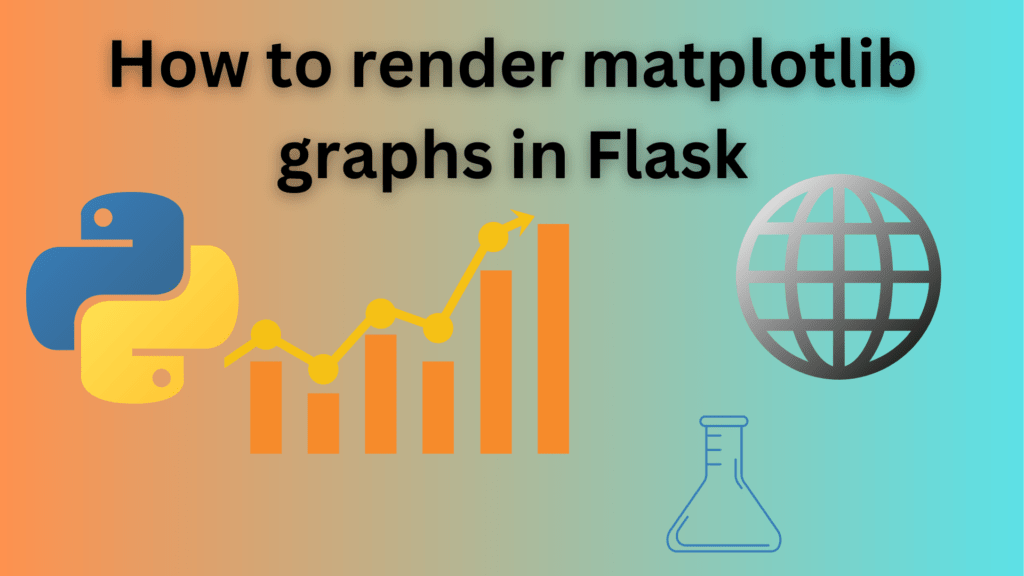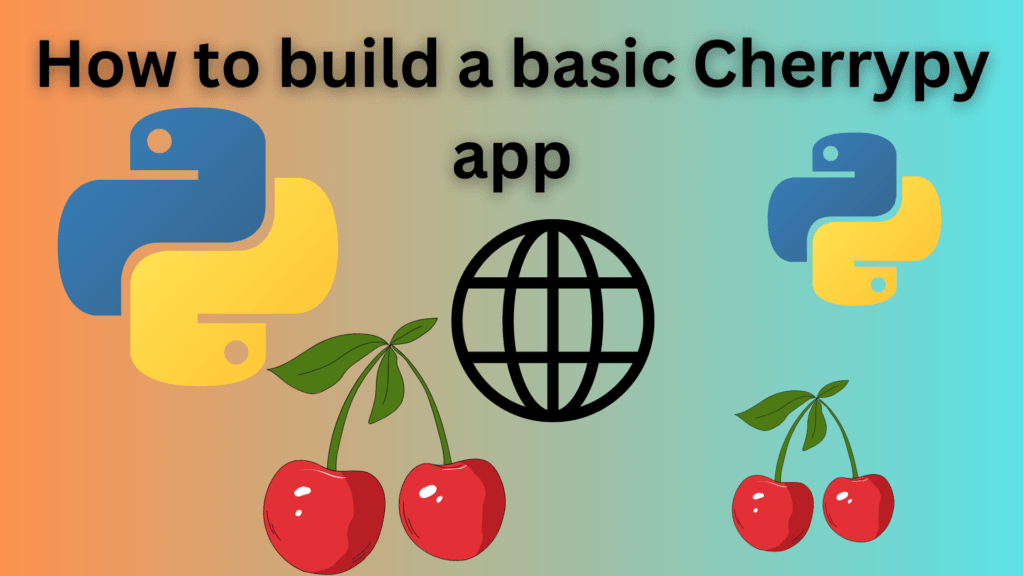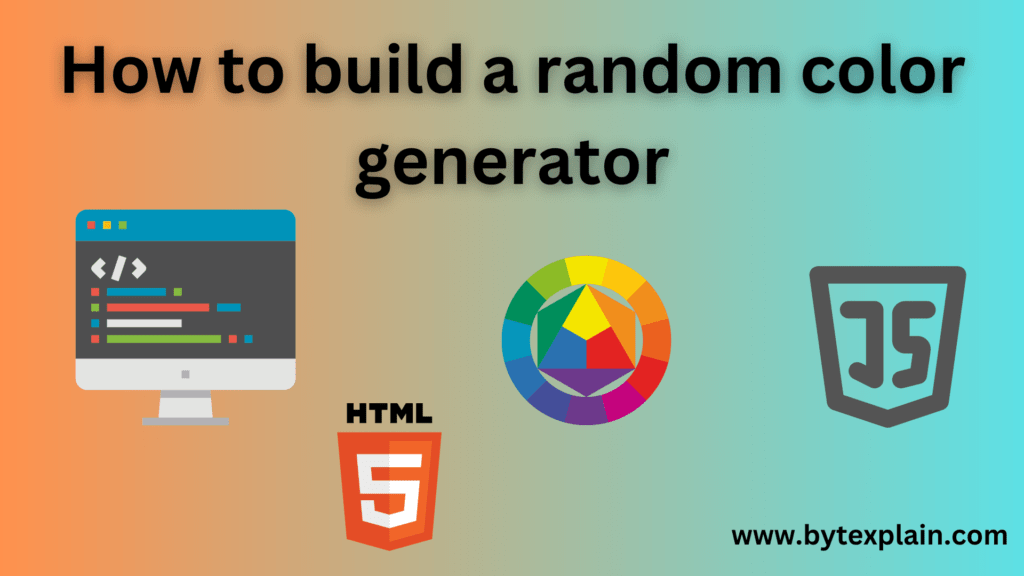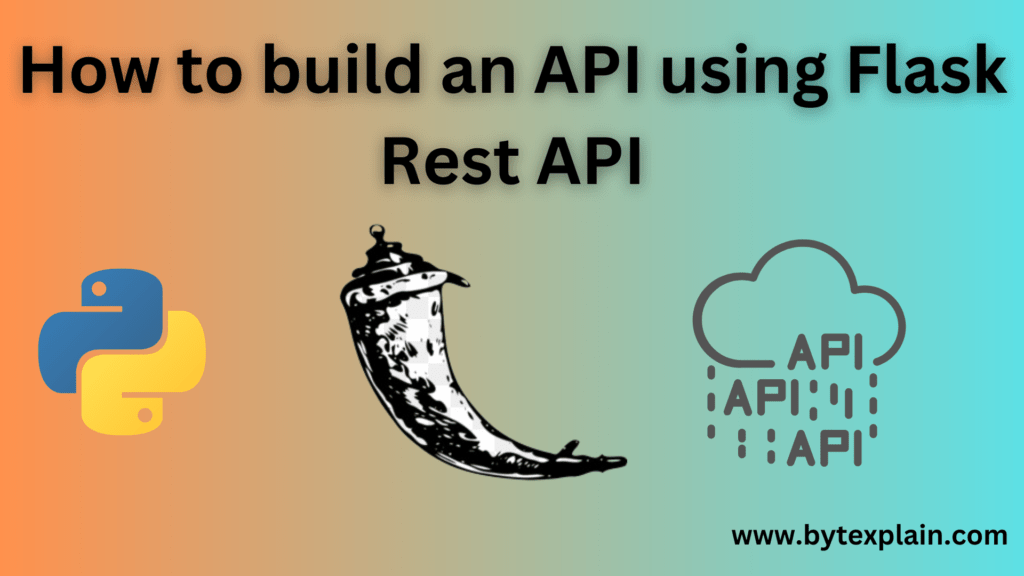Structured Query Language (SQL) databases have been the cornerstone of data management for decades, offering robust data integrity, powerful querying capabilities, and transactional support. In 2024, SQL databases continue to evolve, providing advanced features to meet the demands of modern applications. Whether you’re building enterprise-level systems, e-commerce platforms, or data warehouses, choosing the right SQL database is crucial. This blog will explore the top 10 best SQL databases in 2024, detailing their features, strengths, and ideal use cases to help you make an informed decision.
1. MySQL
MySQL remains one of the most popular and widely used open-source SQL databases. Known for its reliability and ease of use, MySQL is a go-to choice for web applications and content management systems.

- Features:
- Supports a wide range of storage engines, including InnoDB and MyISAM, offering flexibility in data storage.
- Provides robust security features, including SSL support and advanced user management.
- Offers a comprehensive set of tools for database management, including MySQL Workbench and phpMyAdmin.
- Pros:
- Extensive community support and a large ecosystem of tools and resources.
- High performance and scalability, making it suitable for small to large-scale applications.
- Compatible with a wide range of programming languages and platforms.
- Use Cases: E-commerce platforms, web applications, content management systems (CMS), and data warehousing.
Read Also : Top 10 Best NoSQL Databases in 2024
2. PostgreSQL
PostgreSQL, often referred to as “Postgres,” is a powerful, open-source SQL database known for its advanced features and extensibility. It supports complex queries, full-text search, and custom data types.

- Features:
- Offers support for advanced data types, such as JSON, arrays, and hstore, enabling the storage of complex data structures.
- Provides robust indexing and query optimization capabilities, including support for partial and expression indexes.
- Supports multi-version concurrency control (MVCC), ensuring high performance in concurrent environments.
- Pros:
- Highly extensible with support for custom functions, data types, and procedural languages.
- Strong compliance with SQL standards, making it a preferred choice for complex applications.
- Active development community and support for a wide range of third-party tools and extensions.
- Use Cases: Complex data-driven applications, financial services, scientific computing, and geospatial data analysis.
3. Microsoft SQL Server
Microsoft SQL Server is a comprehensive, enterprise-grade SQL database platform that offers high performance, security, and scalability. It is widely used in corporate environments for a variety of applications.

- Features:
- Provides robust business intelligence tools, including SQL Server Reporting Services (SSRS) and SQL Server Integration Services (SSIS).
- Offers built-in support for advanced analytics and machine learning with SQL Server Machine Learning Services.
- Supports Always On Availability Groups for high availability and disaster recovery.
- Pros:
- Excellent integration with Microsoft products and services, including Azure, Power BI, and Visual Studio.
- Comprehensive security features, including encryption, role-based access control, and auditing.
- Scalable architecture suitable for both on-premises and cloud-based deployments.
- Use Cases: Enterprise applications, business intelligence, data warehousing, and analytics.
4. Oracle Database
Oracle Database is a leading SQL database known for its high performance, scalability, and advanced features. It is widely used in enterprise environments for mission-critical applications.

- Features:
- Provides support for advanced data management features, including partitioning, data compression, and advanced indexing.
- Offers Oracle Real Application Clusters (RAC) for high availability and scalability across multiple nodes.
- Supports advanced analytics and machine learning with Oracle Advanced Analytics and Oracle Machine Learning.
- Pros:
- High performance and scalability for large-scale, data-intensive applications.
- Comprehensive security features, including data encryption, data masking, and database auditing.
- Strong support for enterprise applications, with integration into Oracle’s extensive ecosystem.
- Use Cases: Enterprise resource planning (ERP), customer relationship management (CRM), data warehousing, and financial services.
5. SQLite
SQLite is a lightweight, file-based SQL database that is widely used in embedded systems and mobile applications. It is known for its simplicity and zero-configuration nature.
- Features:
- Provides a self-contained, serverless database engine that requires no installation or configuration.
- Offers support for transactions, complex queries, and triggers, making it suitable for a wide range of applications.
- Supports full-text search and JSON storage, enabling the handling of complex data in a lightweight environment.
- Pros:
- Lightweight and easy to deploy, making it ideal for embedded systems and mobile apps.
- No server required, reducing the overhead for small applications.
- Cross-platform compatibility with a wide range of operating systems and programming languages.
- Use Cases: Mobile applications, embedded systems, desktop applications, and small-scale web applications.
6. MariaDB
MariaDB is a community-developed fork of MySQL that offers enhanced features and performance improvements. It is fully compatible with MySQL and serves as a drop-in replacement.

- Features:
- Provides support for advanced storage engines, such as Aria, XtraDB, and ColumnStore, enabling high-performance data storage.
- Offers compatibility with MySQL applications and tools, ensuring easy migration and integration.
- Supports advanced replication and clustering features, including Galera Cluster for high availability.
- Pros:
- Open-source with a focus on community-driven development and transparency.
- Enhanced performance and scalability compared to traditional MySQL.
- Strong focus on security and compliance, with features like data encryption and data masking.
- Use Cases: Web applications, enterprise applications, and data warehousing.
7. Amazon Aurora
Amazon Aurora is a cloud-native relational database service offered by AWS. It is compatible with both MySQL and PostgreSQL and provides high performance and availability at a fraction of the cost.

- Features:
- Provides automatic scaling, backup, and failover, ensuring high availability and fault tolerance.
- Supports read replicas and multi-region deployment for low-latency access and disaster recovery.
- Offers integration with other AWS services, including Lambda, S3, and CloudWatch, for seamless application development.
- Pros:
- Fully managed service, reducing operational overhead and maintenance costs.
- High performance and scalability, with support for millions of reads and writes per second.
- Strong security features, including encryption at rest and in transit, and integration with AWS Identity and Access Management (IAM).
- Use Cases: Scalable web applications, SaaS platforms, and enterprise applications.
8. Google Cloud Spanner
Google Cloud Spanner is a fully managed, horizontally scalable SQL database that offers strong consistency and high availability. It is designed for large-scale, mission-critical applications.

- Features:
- Provides global, horizontal scalability with support for multi-region deployment and automatic sharding.
- Offers strong consistency with ACID transactions, ensuring data integrity across distributed nodes.
- Supports SQL querying with extensions for handling complex data types and operations.
- Pros:
- Combines the benefits of relational databases with NoSQL-like scalability and performance.
- Fully managed service with automated scaling, backups, and maintenance.
- Integration with Google Cloud services for seamless data processing and analytics.
- Use Cases: Global-scale applications, financial services, and real-time analytics.
9. IBM Db2
IBM Db2 is an enterprise-grade SQL database known for its high performance, scalability, and advanced analytics capabilities. It is widely used in industries such as finance, healthcare, and government.
- Features:
- Offers advanced data management features, including data compression, partitioning, and in-memory processing.
- Supports hybrid cloud deployment, enabling seamless integration between on-premises and cloud environments.
- Provides built-in support for machine learning and AI, with integration into IBM Watson and other AI tools.
- Pros:
- High performance and reliability for mission-critical applications.
- Strong support for data governance, security, and compliance.
- Comprehensive analytics and machine learning capabilities, enabling advanced data processing.
- Use Cases: Financial services, healthcare, government, and large-scale enterprise applications.
10. SAP HANA
SAP HANA is an in-memory SQL database designed for real-time data processing and analytics. It is widely used in enterprise environments for applications such as ERP, CRM, and business intelligence.
- Features:
- Provides in-memory processing for high-speed data access and real-time analytics.
- Supports complex data types and operations, including spatial data, graph processing, and text analytics.
- Offers integration with SAP’s extensive suite of enterprise applications, enabling seamless data flow across the organization.
- Pros:
- High performance and low latency for real-time data processing.
- Comprehensive support for advanced analytics and machine learning.
- Strong integration with SAP’s enterprise ecosystem, including ERP and CRM solutions.
- Use Cases: Enterprise resource planning (ERP), customer relationship management (CRM), and business intelligence.
Conclusion
Choosing the right SQL database in 2024 depends on your specific requirements, including performance, scalability, and integration capabilities. Whether you need the flexibility of PostgreSQL, the enterprise-grade features of Oracle, or the cloud-native capabilities of Amazon Aurora, there is a solution that fits your needs. Each of the SQL databases listed above offers unique features and strengths, making them suitable for a wide range of applications.













